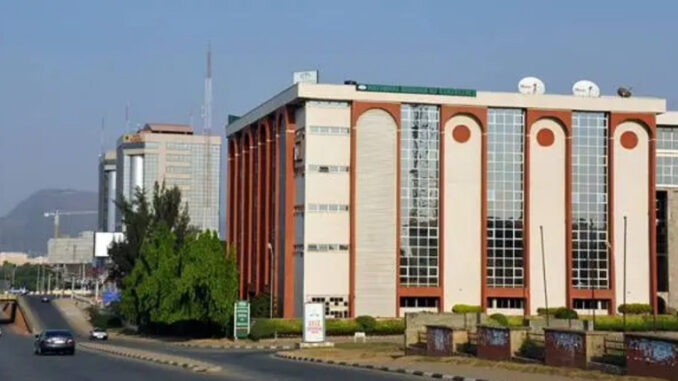
Nigeria’s annual inflation rate dropped significantly to 24.48% in January 2025, following the rebasing and updating of the country’s price index for the first time in over a decade.
The National Bureau of Statistics (NBS) revealed on Tuesday February 18 that this recalibration, which involved reweighting the items in the inflation reference basket and updating the comparison period from 2009 to 2024, was essential to align with current consumption trends.
Statistician-General Prince Adeyemi Adeniran explained that the updated data now more accurately reflects the inflationary pressures felt in the economy.
While the recalculated figure represents a notable decrease from the previous month’s 34.80% inflation rate, Adeniran cautioned that the lower number should not be mistaken for a sharp drop in actual market prices. He clarified that the January inflation rate simply represents the rate of change in prices between January 2024 and January 2025, rather than a reduction in the cost of goods themselves. The last rebasing of Nigeria’s inflation statistics occurred in 2009, and the new update benefits from the support of international bodies like the World Bank and the International Monetary Fund.
The updated inflation figure could have significant implications for Nigeria’s monetary policy. Razia Khan, the chief economist for Africa and the Middle East at Standard Chartered, noted that financial markets were surprised by the extent of the change to the headline inflation rate. She suggested that the lower January figure could potentially pave the way for a modest interest rate cut at the Central Bank’s upcoming policy meeting, which follows an aggressive series of interest rate hikes last year aimed at controlling inflation. Despite this, Khan emphasised that a rate cut would likely have little immediate market impact but would acknowledge the growing local sentiment that monetary policy had been too restrictive.
